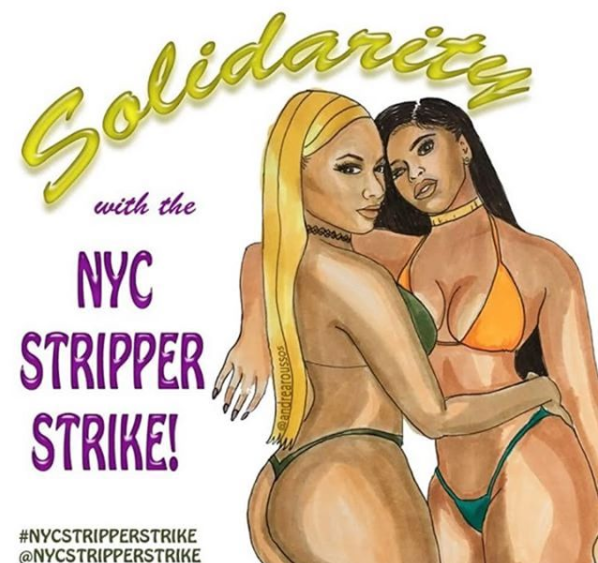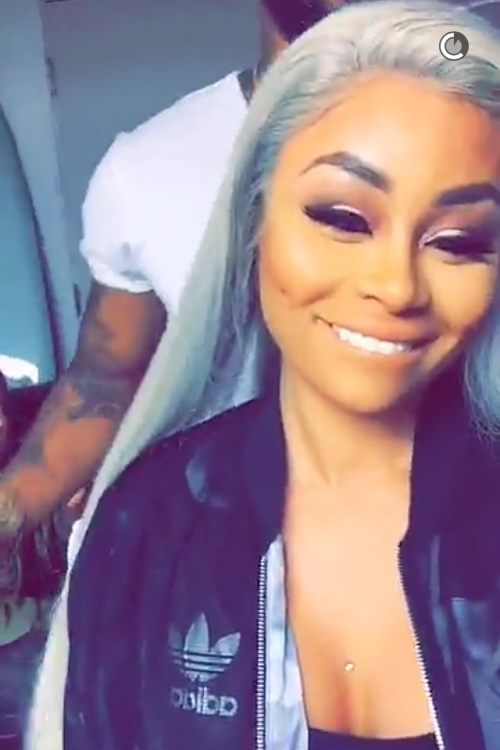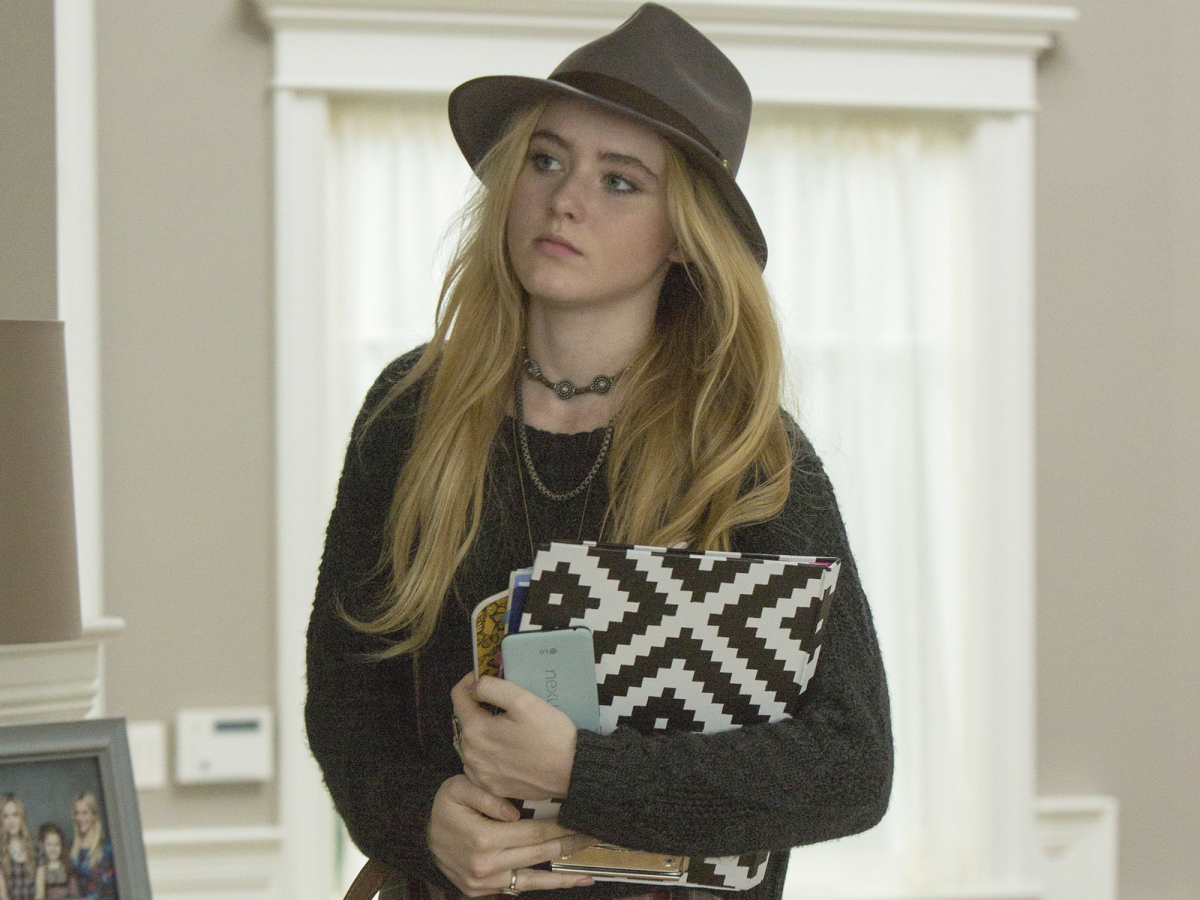A slightly different version of this piece was originally posted on Akynos’ blog, blackheaux, on November 8th A personal history of being a Black stripper It’s about fucking time! That’s all I can say about this stripper strike organizing. I am excited to see more and more gentlemen’s club/exotic dancers taking this business seriously enough… Continue reading Why The #NYCStripperStrike Is So Relevant And So Long Overdue
Category: Race
How Everyone Has It Wrong On Blac Chyna
Recently, Blac Chyna has been relegated to being nothing more than a sex worker by opponents and supporters alike, people who reference her “finesse” and gloss over the abuse she’s suffered, reinforcing a dangerous narrative. Her humanity and her role as a mother are edited out of the persona people are now creating for her,… Continue reading How Everyone Has It Wrong On Blac Chyna
Call #FreeBambi What You Like, It’s Racism
Editor’s note: All references to “Bambi” and “#FreeBambi” below only refer to Lily Fury’s fictitious and stolen persona. There is a real Bambi out there who deserves our respect and consideration. It’s 3:45 PM Eastern Standard Time and, thankfully, I’m off work from my job at a grocery store—this means, just like on any given,… Continue reading Call #FreeBambi What You Like, It’s Racism
Big Little Lies Protecting White Virginity
[Content warning: this piece includes general discussion of rape and domestic violence.] Maybe every rich little white girl should auction off her virginity in support of Amnesty International, the way Abigail Carlson (Kathryn Newton), teenage daughter of HBO’s Big Little Lies protagonist Madeline Mackenzie, proposes to do. Abigail’s plot line gained little more than an… Continue reading Big Little Lies Protecting White Virginity
White Feminism, White Supremacy, White Sex Workers
A provocative critique of anti-trafficking celebrity spokesman Ashton Kutcher and the rescue industry complex penned by sex trafficking survivor (and Tits and Sass contributor) Laura LeMoon is making the rounds. Predictably, white people are pissed. “Kutcher is just trying to help!” exclaim my white, cishet acquaintances on Facebook, clearly missing LeMoon’s point that “being a… Continue reading White Feminism, White Supremacy, White Sex Workers




